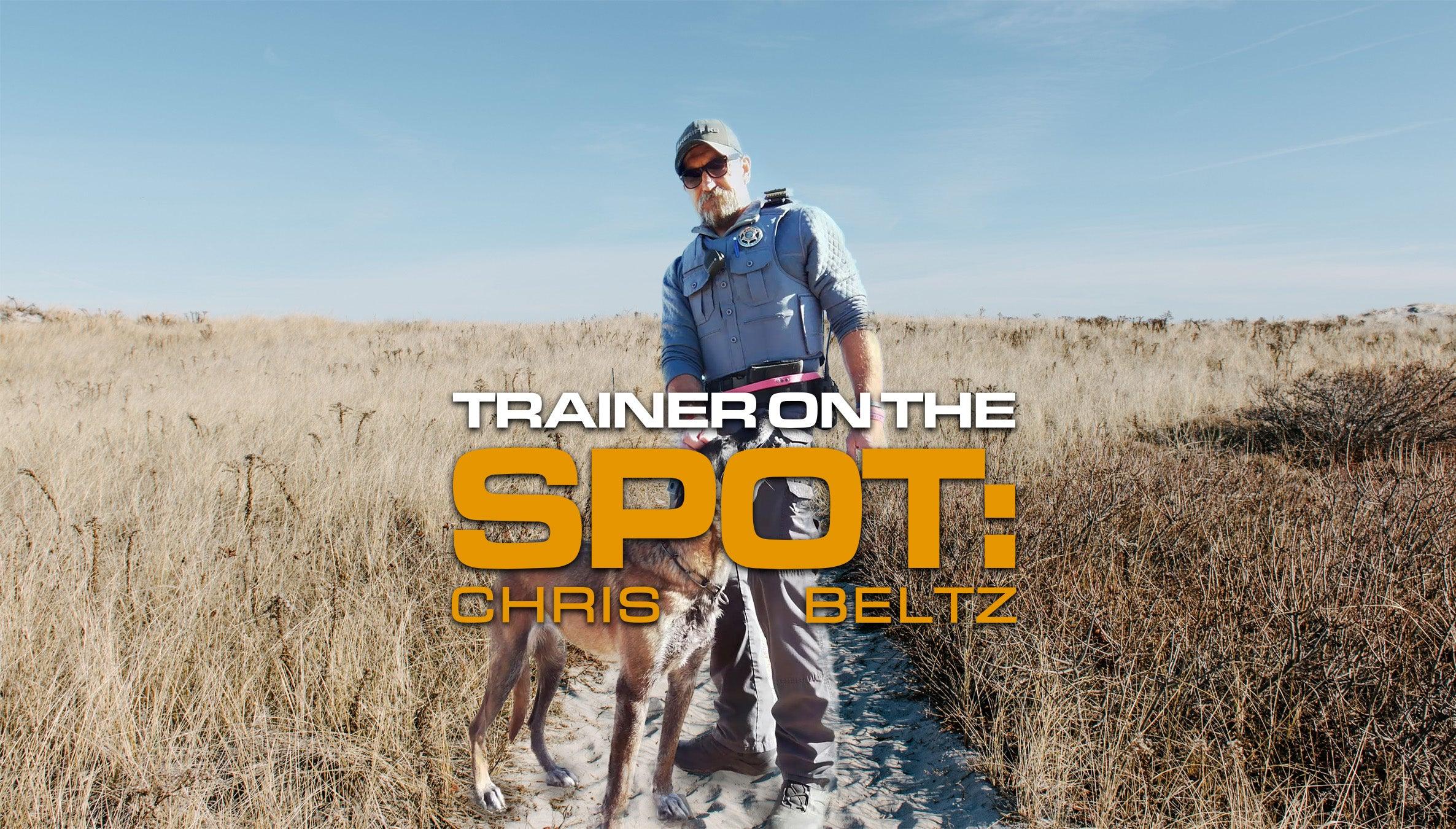From trust to obedience: an interview with a dog handler.
Working with K9 units and be responsible for training and caring for dogs is never an easy job. When we think about K9 dogs we expect impeccable detection skills, incredible obedience and lightning speed, but let’s not forget: it takes a good dog handler to get those dogs to perform these skills. Despite the professional support network and advanced training methods, the basic challenge faced by handlers isn't much different from any dog owner who's tried to train their pooch. “A trained dog is a pleasure to be around not only for you but for others too” says Chris L. Beltz, a professional dog handler at K9 Deputy Stevens County Sheriff’s Dept. in Kansas. Being a k9 dog handler since 2000, Beltz knows one or two things about dog’s learning curves and the way to train them.
“I always had a K9 that had been trained by someone else and had to bond and figure out the quirks that had been implemented into the K9. In 2013, I decided to train my own that way any quirk the K9 has is my fault , it is best to train your own dog as much as possible instead of someone training for you. That way a much stronger bond is developed as well as pack mentality”
Q: Why do you think training is so important?
Simply put: Safety. Safety not only for your K9 but for you as well. Training also provides less stress on you as a Handler because you know the capabilities of your K9 in most situations.
Q: How do you handle bigger dogs that are prone to aggressive behaviors?
Proper Correction at the proper moment is what works best.
Q: What are the most common mistakes you notice pet owners making with respect to disciplining their dogs?
There are several: Over the top disciplining first and foremost, under disciplining second
and not correcting or disciplining at the proper time. Don’t bust your K9 or dogs chops for bad behavior that happened hours ago , they’ve done forgot what they did back then.
Q: True, most of dog owners sometimes tend to forget that when it comes to dogs, we’re dealing with a 2 years old mentality level. So which dog training techniques do you consider the most effective?
Reward system technique. You can find that with the proper reward your K9 wants to work for you because they Love you and want to make you happy. With reward not only means treats but also talking verbal praise, petting, playing remember to really get into the verbal praise got to be over the top! Sometimes it’s hard to describe, but much easier to show. My new K9 Piglet works for verbal praise and an ear scratch because she Loves what she does. “Kleio” works on a play reward system. Remember as a person you want to get paid for what you do K9s and dogs are the same as you and me. I always say: Don’t ask your K9 or dog to do anything you wouldn’t do yourself.
Q: Talking about rewards, what’s the most rewarding part of your career?
As a trainer the smile on the face of clients and the confidence they gain when the client and dog bond and the dog does what’s asked of them because they want to and not forced to. In Law Enforcement it’s the look on suspects face when they think they fooled your K9 but you got them in cuffs (laughing).
Contact Chris L. Beltz on Instagram / Twitter: @k9kleio or @hellbitchhaven
Or find him on Facebook using this link






Leave a comment